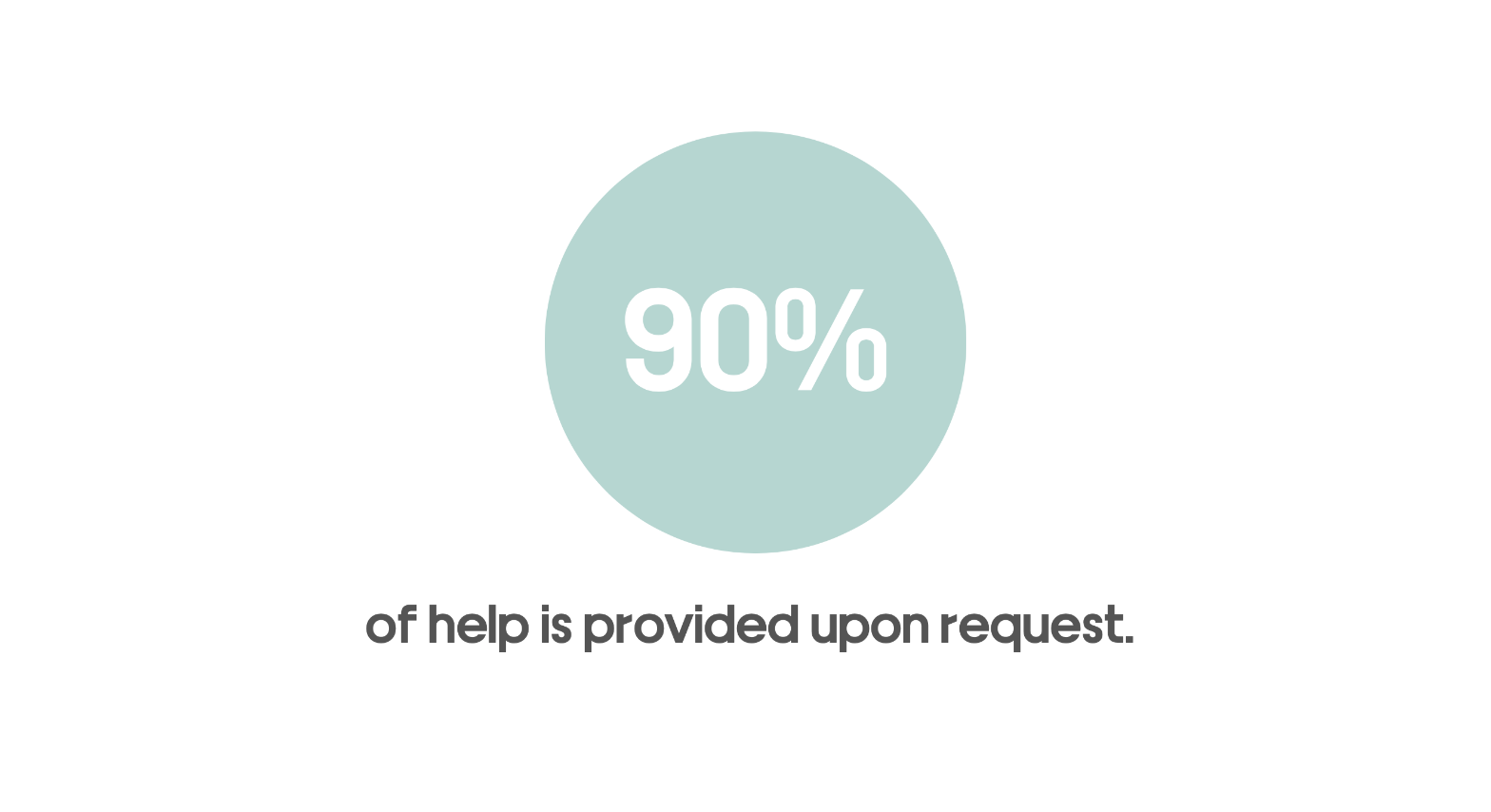All you have to do is ask
How often do you ask for help at work? Learning how to ask for help is arguably one of the most important skills you can possess; but it’s something that isn’t always easy to do.
In his book, ‘All you have to do is ask’, Wayne Baker states that when you ask for help, you get the resources you need to be successful. Whether that’s information, advice, opportunities, referrals and/or emotional support. From intensive research, Wayne has found that ‘asking’ is highly correlated with higher work performance, productivity, and job satisfaction.
Why people don’t ask
Despite the obvious benefits, some of us find asking rather difficult to do. Wayne identified 8 reasons why we find it so hard to ask for help; some contextual, some psychological.
We underestimate peoples’ goodwill and ability to help.
We over-rely on ourselves.
We perceive there to be social costs of seeking help.
We don’t feel psychologically safe.
We are slowed down by too many systems and corporate red-tapes.
We don’t know what we’re looking for and how to ask for it.
We are afraid of not having the privilege to ask for help.
We are afraid of looking selfish.
The reality is though, if we don’t ask, we don’t get. In fact, studies show that 90% of help is provided upon request.
Of course, there are people on the opposite end of the spectrum who do nothing but ask. It’s often the case that these kind of people aren’t the most popular amongst their colleagues!
The key is finding the balance between helping others and being helped. Have a read of the descriptions below and see which you identify the most with. You can also consider what the people you work with are too.
Overly Generous Givers
If you're a giver, you simply strive to be generous in sharing your time, energy, and knowledge, skills, ideas, and connections with other people who can benefit from them. Overly Generous Givers tend to take their generosity too far. They are so focused on giving that they abandon their own needs in the process. Although their generosity means that they bask in the admiration of others, by not disclosing their needs, they miss out on the ideas, information, opportunities, leads, referrals and other resources they need to be successful.
Individualists
As the name suggests, individualists are very independent. They value self-reliance and very rarely, if ever, seek help; nor do they tend to give it. Some people intentionally choose this work style, preferring to go it out alone, and seeing little value in helping others catch-up whilst they race to the top. As a result, individualists tend to be poorly regarded in the workplace because they don't help others, and at the same time, their performance is impaired because they don't get the inflow of help and resources they need.
Selfish Takers
Selfish takers are prone to forgetting or neglecting their obligations to others. As the name implies, they are so self-focused that they rarely, if ever, repay the generosity bestowed upon them. Selfish takers may benefit in the short run, but eventually people wise up and stop helping them. In the right circumstances, selfish takers will give, but only if their actions are public, as they gain reputation benefits for being generous in sharing their knowledge, resources, and connections. In other words, they give when they believe it is in their long-term self-interest.
Giver-requester
Giver-requesters have the balance of giving and receiving that we all should strive to succeed. By giving help, they earn a reputation for generosity, by seeking it, they receive the things they need to succeed. Numerous studies show that the most productive and well-regarded employees were those who frequently gave help and who frequently received it. It's important to remember that being a giver-requester isn't about direct reciprocity, as in: "I help you and you help me." It's about helping others regardless of whether they helped you before or will ever help you in the future, and it's about asking for what you need when you need it.
You can find out which one you are by taking this Quick Assessment.
How to ask more
Although individualists and selfish takers exist, we find that the majority of people fall into the giver-requester and overly generous giver categories. As we’ve already mentioned, asking can be a tricky thing to do, therefore, here are a couple of tips that may help the givers among us, become more of an asker.
1. Figure out what you need - like asking, identifying what we need doesn’t come easily to most of us either! Before you translate your needs into well-formulated requests, you need to determine what you’re trying to accomplish and what you need to get there. Figuring out ‘who’ you should ask for help, you need to understand ‘who knows what’ or better yet, ‘who knows who’.
2. Create psychological safety - people who work within a psychologically safe environment feel safe to ask for and give help. To create a psychologically safe environment, identify the giver-requesters in your team and establish the norms that support the cycle of giving and receiving. Once these norms have been established and they’re reflected in your behaviours, others within your team are more likely to demonstrate these behaviours too. You can read more about psychological safety here.
In Summary: asking for help isn’t always the easiest thing to do, however, the benefits of doing so far outweigh the consequences of not asking for it. If we can find the right balance of asking and giving, we can earn a reputation for generosity, whilst also receiving the things we need to succeed.



